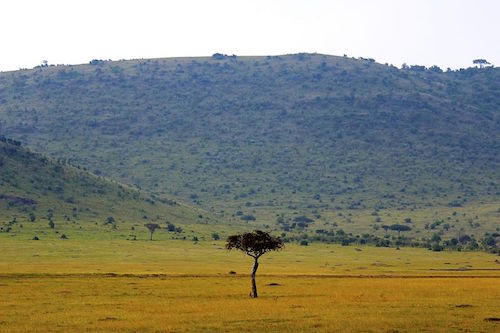 Evolution
Evolution
 Human Origins
Human Origins
 Intelligent Design
Intelligent Design
The Economist Admits “Human Intelligence Is a Biological Mystery”

I am not so much interested in why and how human beings became exceptional, just in defending the fact that we are. But others keep trying. Darwinists are apparently having fits figuring it all out.
Human intelligence is a biological mystery. Evolution is usually a stingy process, giving animals just what they need to thrive in their niche and no more. But humans stand out. Not only are they much cleverer than their closest living relatives, the chimpanzees, they are also much cleverer than seems strictly necessary.
The ability to do geometry, or to prove Pythagoras’ theorem, has turned out to be rather handy over the past few thousand years. But it is hard to imagine that a brain capable of such feats was required to survive on the prehistoric plains of east Africa, especially given the steep price at which it was bought. Humans’ outsized, power-hungry brains suck up around a quarter of their body’s oxygen supplies.
They keep trying to figure some means for blind evolution to explain it all. So far no go. Latest attempt, the helplessness of babies:
Their idea is that helpless babies require intelligent parents to look after them. But to get big-brained parents you must start with big-headed — and therefore helpless — babies. The result is a feedback loop, in which the pressure for clever parents requires ever-more incompetent infants, requiring ever-brighter parents to ensure they survive childhood.
Aaand, another no-go:
Although their theory is intriguing, Dr Piantadosi and Dr Kidd admit that none of this adds up to definitive proof. That, unfortunately, can be the fate of many who study human evolution. Any such feedback loop would be a slow process (at least as reckoned by the humans themselves), most of which would have taken place in the distant past.
There are gaps in the theory, too. Even if such a process could drastically boost intelligence, something would need to get it going in the first place. It may be that some other factor — perhaps sexual selection, or the demands of a complex environment, or some mixture of the two — was required to jump-start the process. Dr Piantadosi and Dr Kidd’s idea seems a plausible addition to the list of explanations.
But unless human intelligence turns out to be up to the task of building a time machine, it is unlikely that anyone will ever know for sure.
Sometimes, the restrictive approach of contemporary science puts handcuffs on questers for knowledge rather than opening the door to enlightenment.
Photo: African savanna, by Kev Moses [CC BY 2.0], via Wikimedia Commons.
